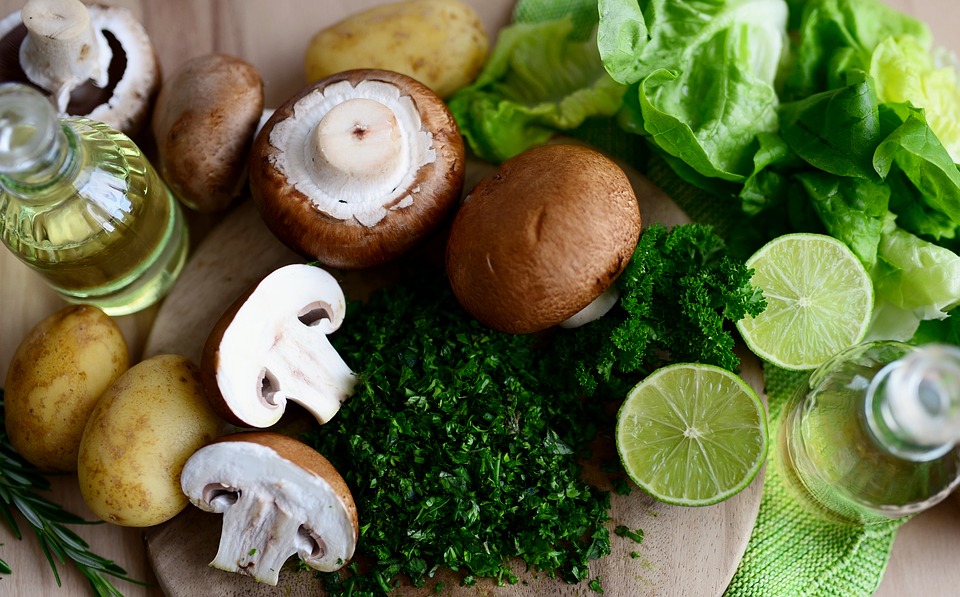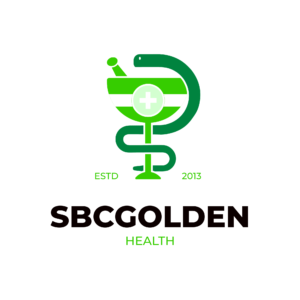
Introduction
The decision to adopt a vegetarian or vegan lifestyle is often driven by ethical, environmental, and health considerations. While these dietary choices can offer various benefits, they also raise questions about how to maintain optimal fitness and nutrition without animal products. Many individuals wonder whether they need to rely on supplements to fill potential nutritional gaps or if they can achieve their fitness goals solely through a plant-based diet. In this article, we will explore the essential components of qualification for vegetarians and vegans, discussing the importance of a balanced diet and the role of supplements to support your fitness journey.
Balanced Diet for Vegetarians and Vegans
A balanced diet is the foundation of any successful fitness journey, regardless of dietary preferences. For vegetarians and vegans, it’s crucial to focus on incorporating a variety of plant-based foods to ensure that you receive all the necessary nutrients. Here are some key nutrients to consider:
- Protein: Essential for muscle growth and recovery, good vegetarian sources of protein include beans, lentils, tofu, tempeh, seitan, nuts, seeds, and plant-based protein powders. Ensure you include various sources in your diet to meet your protein needs.
- Iron: Essential for energy production and overall health, plant-based sources of iron include dark leafy greens, fortified grains, tofu, lentils, and pumpkin seeds. To enhance iron absorption, consume L-ascorbic acid-rich foods like citrus fruits alongside iron-rich foods.
- Vitamin B12: Not naturally found in plant-based foods, so supplementation or fortified foods like plant-based milk or breakfast cereals are essential for vegans. Vitamin B12 is crucial for nerve health and the formation of red blood cells.
- Omega-3 Fatty Acids: Play a role in heart health and reducing inflammation. Good sources for vegetarians include flaxseeds, chia seeds, hemp seeds, and walnuts. Consider a vegetarian omega-3 supplement derived from algae for added support.
- Calcium: Important for bone health, plant-based sources include fortified plant milks, tofu, and dark leafy greens like kale and collard greens. Ensure you consume an adequate amount of these sources to meet your calcium needs.
- Vitamin D: Crucial for bone health and immune function, vegetarians might benefit from a vitamin D supplement, especially with limited sun exposure. Fortified foods like plant-based milk and cereals can also help meet vitamin D requirements.
- Zinc: Important for immune function and wound healing, plant-based sources of zinc include beans, nuts, and whole grains. Consume a variety of zinc-rich foods to maintain optimal levels.
Supplements for Vegetarians and Vegans
While it’s possible to meet nutritional needs through a well-planned vegetarian or vegan diet, some people may choose to incorporate supplements to ensure they cover any potential gaps. Here are some supplements commonly considered by vegetarians and vegans:
- Vitamin B12: As mentioned earlier, vitamin B12 supplementation is often recommended for vegans since it is primarily found in animal products. A B12 supplement can help prevent deficiency and support overall health.
- Iron: If you struggle to meet your iron requirements through diet alone, consider an iron supplement after consulting with a healthcare professional. Avoid self-prescribing iron supplements, as excessive iron intake can be harmful.
- Omega-3 Fatty Acids: Algal oil supplements provide a vegetarian-friendly source of omega-3 fatty acids. These can support heart health, brain function, and overall well-being.
- Vitamin D: If you have limited sun exposure, a vitamin D supplement can help maintain optimal levels. It’s important to have your vitamin D levels tested and consult with a healthcare provider to determine the appropriate dosage.
- Plant-Based Protein Powders: Some people find it useful to include plant-based protein powders in their diet to meet their protein requirements, especially if they have high fitness goals or limited protein sources in their regular meals.

Practical Ways to Maintain Wellness as a Vegetarian or Vegan
- Meal Planning: Proper meal planning is essential for a vegetarian or vegan lifestyle. Create a weekly meal plan that includes a variety of plant-based foods, ensuring you achieve a balance of macronutrients and micronutrients. This can help you meet your fitness goals and maintain overall health.
- Protein Timing: Distribute your protein intake throughout the day. Having protein-rich snacks and meals consistently can aid in muscle recovery and growth. Including protein in your post-workout meal can be particularly beneficial.
- Whole Foods: Emphasize whole, minimally processed foods in your diet. Whole grains, fruits, vegetables, and legumes provide essential nutrients and fiber, helping to keep you full and satisfied.
- Supplement Wisely: If you choose to take supplements, remember that they are intended to complement your diet, not replace it. Always consult with a healthcare professional or registered dietitian to determine your specific needs and the right supplements for you.
- Hydration: Staying hydrated is key for fitness. Water is essential for various physiological processes, including digestion, temperature regulation, and energy production. Ensure you hydrate throughout the day.
- Explore Plant-Based Protein Sources: Don’t limit yourself to just a few plant-based protein sources. Experiment with different foods such as tempeh, seitan, and various beans to keep your diet interesting and diverse.
- Educate Yourself: Knowledge is power. Take time to educate yourself about vegetarian and vegan nutrition. Learn about nutrient-dense foods and potential nutritional gaps that can occur with these diets.
- Connect with Supportive Communities: Joining online or local vegetarian and vegan communities can provide you with a wealth of information, recipe ideas, and support from like-minded individuals on your fitness journey.

The Importance of a Balanced Approach
In conclusion, maintaining wellness as a vegetarian or vegan involves a balanced approach to diet and lifestyle. While these dietary choices offer numerous health and ethical benefits, it’s crucial to prioritize nutrition and fitness to ensure you achieve your goals.
Remember that a well-planned plant-based diet can provide all the essential nutrients for a healthy and active lifestyle. Supplements are there as a safety net, not a primary source of nutrition. Consult healthcare professionals and registered dietitians to develop a personalized nutrition plan that aligns with your fitness objectives.
Your journey as a vegetarian or vegan in the world of fitness is not about restrictions but about embracing the diverse and nourishing array of plant-based foods. By adopting a thoughtful and informed approach to your diet and supplementation, you can achieve optimal fitness while staying committed to your ethical and environmental principles. Whether you’re an athlete, a casual fitness enthusiast, or simply someone striving for a healthier lifestyle, the power of plant-based nutrition is within your reach. So go ahead, embark on your fitness journey, fueled by the vitality of plants, and thrive in both health and harmony with your surroundings.
Conclusion
Achieving optimal fitness as a vegetarian or vegan is not a far-fetched idea with the right approach to nutrition. By focusing on a balanced diet rich in plant-based foods and addressing key nutrients such as protein, iron, vitamin B12, and omega-3 fatty acids, you can meet your fitness goals while adhering to your ethical and dietary choices.
Supplements can be a useful tool to ensure you cover any potential nutritional gaps, but they should not be seen as a substitute for a well-rounded diet. Before incorporating









